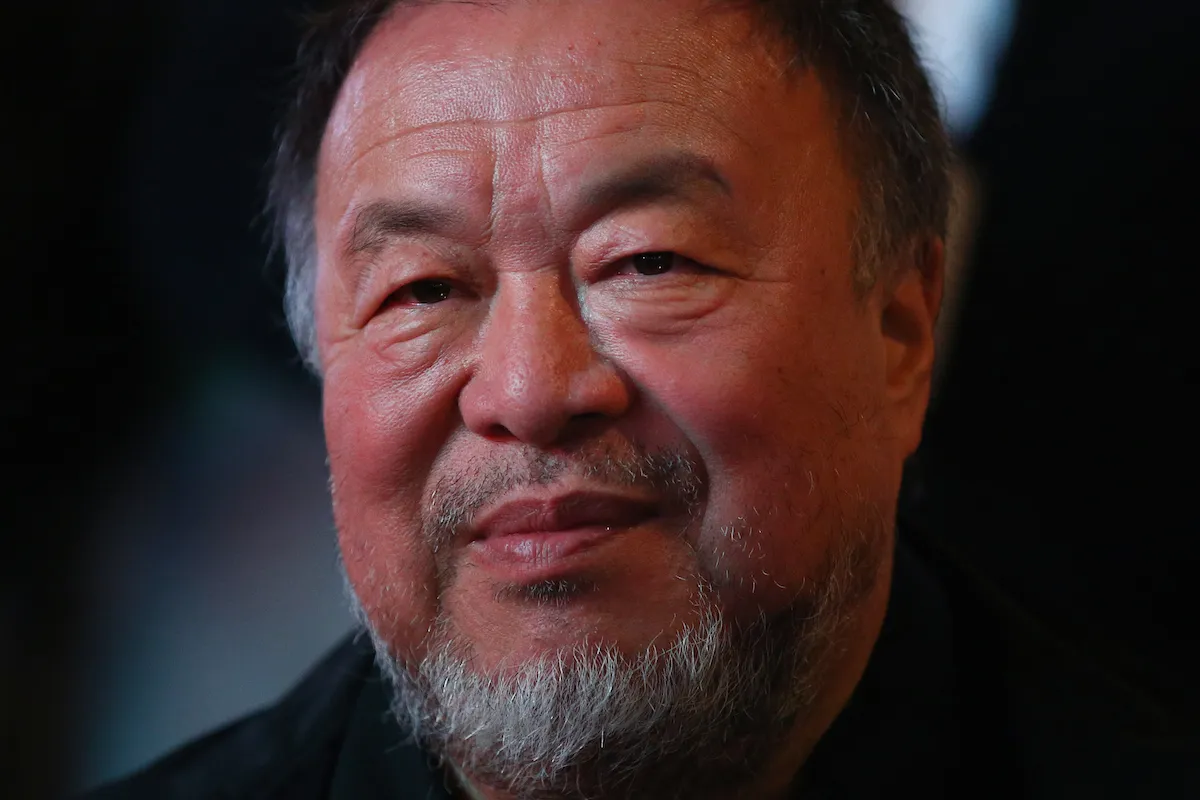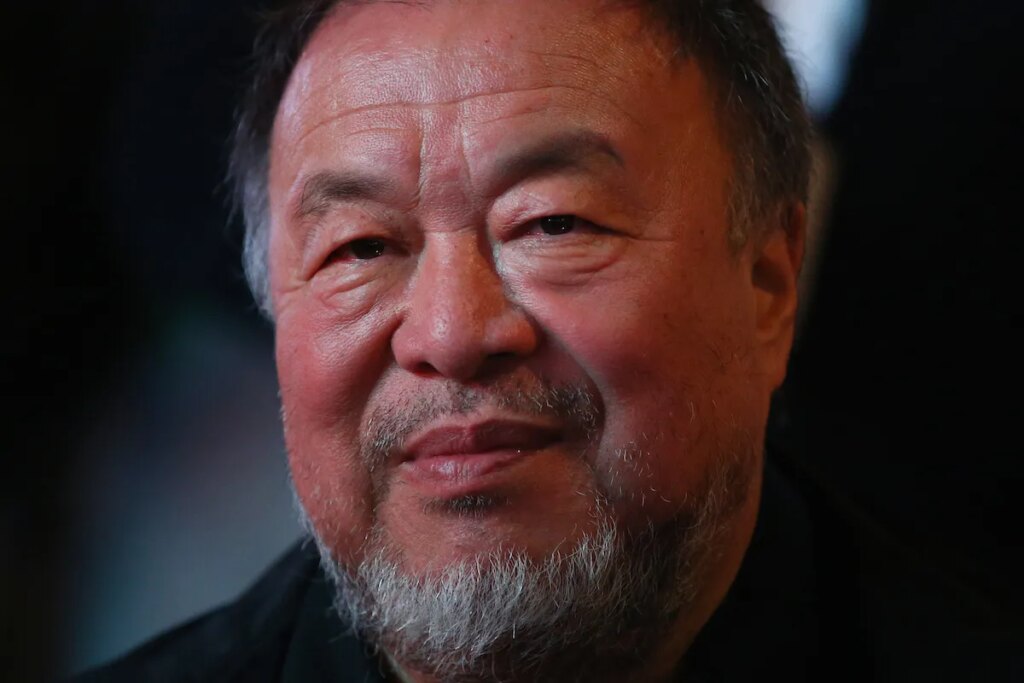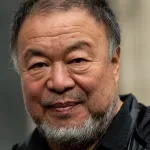
This past weekend, Ai Weiwei, a prominent artist whose gallery delayed his show after he tweeted about the war in Gaza, compared censorship in the West to forms of political oppression he experienced in China under Mao Zedong, describing the situation as “sometimes even worse” than what he faced growing up.
“Today I see so many people by giving their basic opinions, they get fired, they get censored,” he told Sky News. “This has become very common.”
By way of example, he spoke about the case of two New York University professors who were fired after making Gaza-related comments. The situation is “a cultural revolution, which is really trying to destroy anybody who [has] different attitudes, not even a clear opinion,” Ai said. “So I think that this is such a pity, that it happened in the West, so broadly in universities, in media, in every location.”
In November, Ai said that Lisson Gallery had called off a London solo show after he tweeted about Palestine.
“The sense of guilt around the persecution of the Jewish people has been, at times, transferred to offset the Arab world,” he wrote in the tweet, which has since been deleted. “Financially, culturally, and in terms of media influence, the Jewish community has had a significant presence in the United States. The annual $3bn aid package to Israel has, for decades, been touted as one of the most valuable investments the United States has ever made. This partnership is often described as one of shared destiny.”
The gallery said it had postponed the show via mutual decision with Ai; Ai said the exhibition had been “effectively canceled.”
Ai spoke once more about the matter in the Sky News interview, saying that “basically I was talking on Twitter, just answering someone’s question.”
As usual, Ai did not mince words when it came to criticizing his colleagues. Asked if Western artists were working hard to defend the right to freedom of expression, Ai said they were not. “They are just seeking money and also to be famous,” he said.
A select few famous artists have publicly discussed the matter since the October 7 Hamas attacks. Shortly after the event occurred, photographer Nan Goldin described a “chilling period” in which art-world figures have been fired, exhibitions have been canceled, and collectors have rescinded purchases of artworks, all because those involved had expressed support for Palestine.


